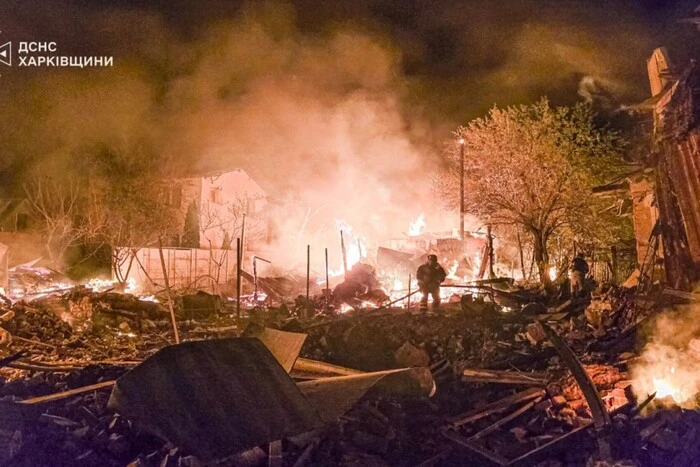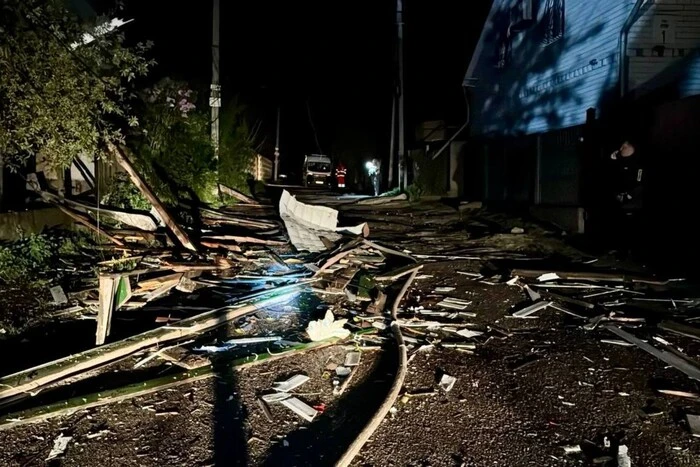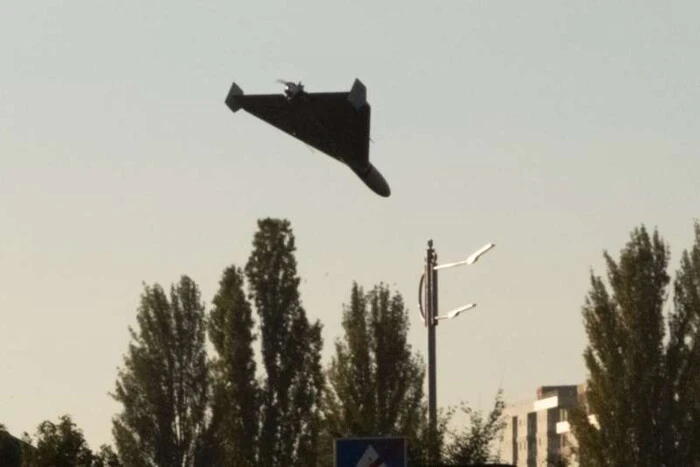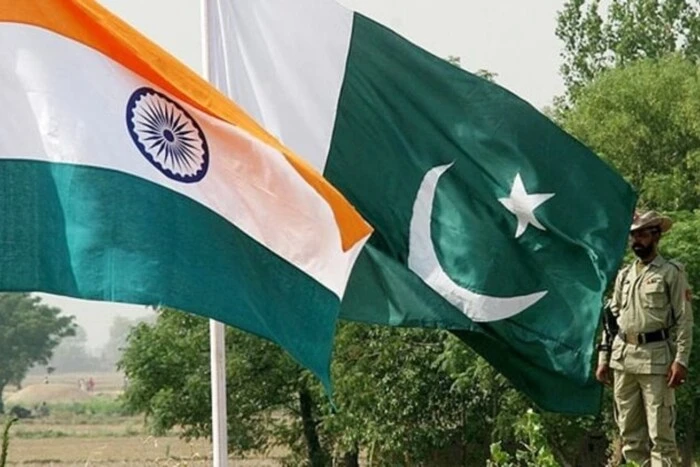Heatwave Significantly Affects Birth Rates – The Economist.

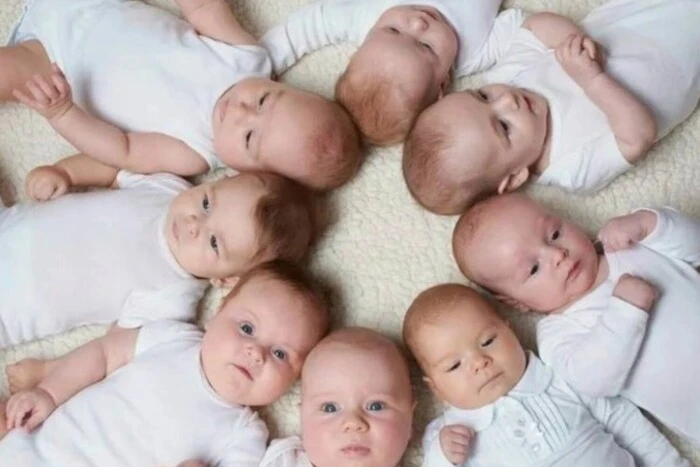
Scientists have observed a decline in birth rates following an abnormal heatwave in Spain. The study, which reveals potential consequences of climate change, was published in the journal Population Studies. This was reported by The Economist.
According to the researchers, different countries will try to prevent heat-related mortality and combat extreme weather. However, scientists say, global warming has a much smaller impact on birth rates than on mortality.
A group of scientists from the Max Planck Institute for Demographic Research in Germany, including Risto Conte Keivabu, conducted a study to examine the relationship between temperature and birth rates in Spain. They considered the total fertility rate (TFR), which reflects the average number of children women bear during their lifetimes, and compared it with weather conditions.
The study, which covered the period from 2010 to 2018, showed that when the temperature exceeds 25 degrees, the TFR decreased by 0.3% after nine months. At temperatures above 30 degrees, the decrease was 0.8%.
The Economist recalls that a link between temperature and birth rates had already been established: periods with cooler weather promote conception. However, the new study indicates a decline in birth rates following spikes in average daily temperatures worldwide.
Scientists cite several reasons for the decline in birth rates during heatwaves. Animal studies have shown that heat stress temporarily impairs sperm quality for several weeks. Similar results were found in humans – after heatwaves, sperm quality and motility deteriorate over a period of two to eight weeks.
It should be noted that Death Valley National Park in California, USA, experienced the hottest summer in its history, with an average 24-hour temperature of 104.5°F (40.3°C), surpassing the previous record of 104.2°F (40.1°C) set in 2021 and 2018.
Read also
- Russia's Ambassador to the UN Nebenzya spoke about direct negotiations with Kyiv
- German scientists have identified six main signs of cancer
- Russia struck Kharkiv with drones: SES showed footage of the consequences
- Shelling of Dnipro: the city authorities reported the consequences
- Attack on Kharkiv: dozens injured, destroyed buildings, hospital damaged
- India prepares to strike within 24-36 hours. Pakistan claims threat of attack



